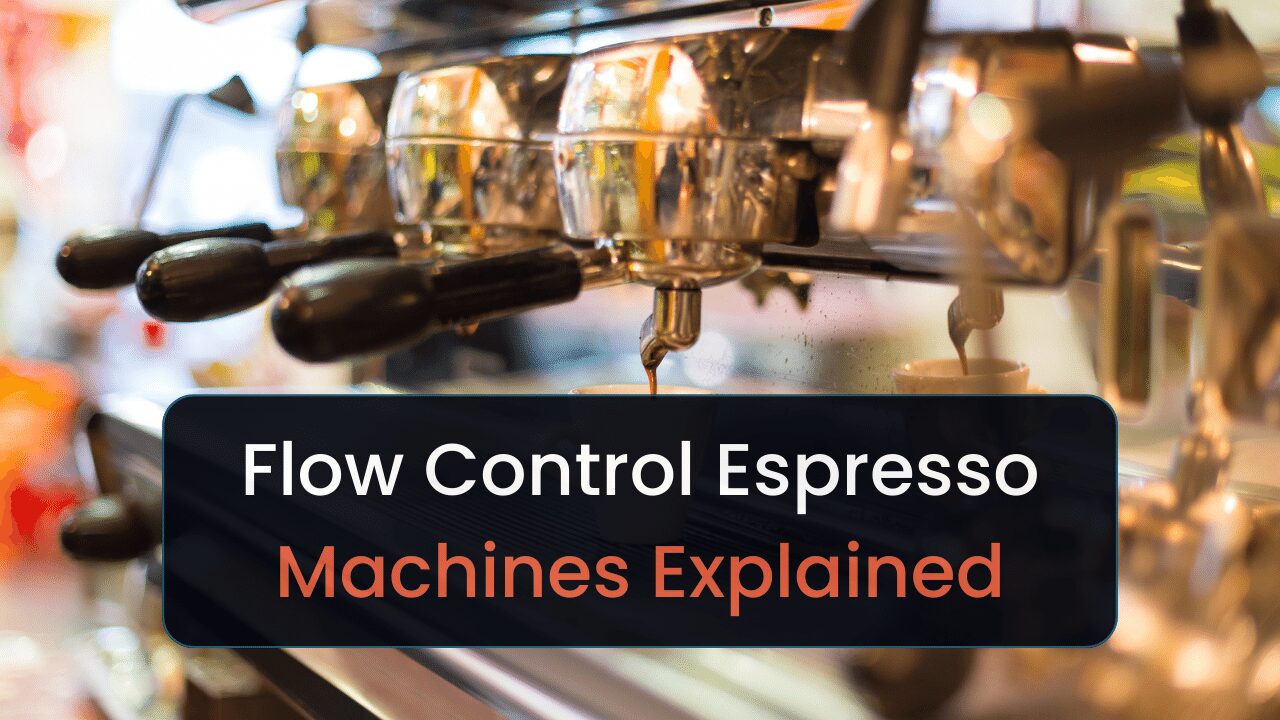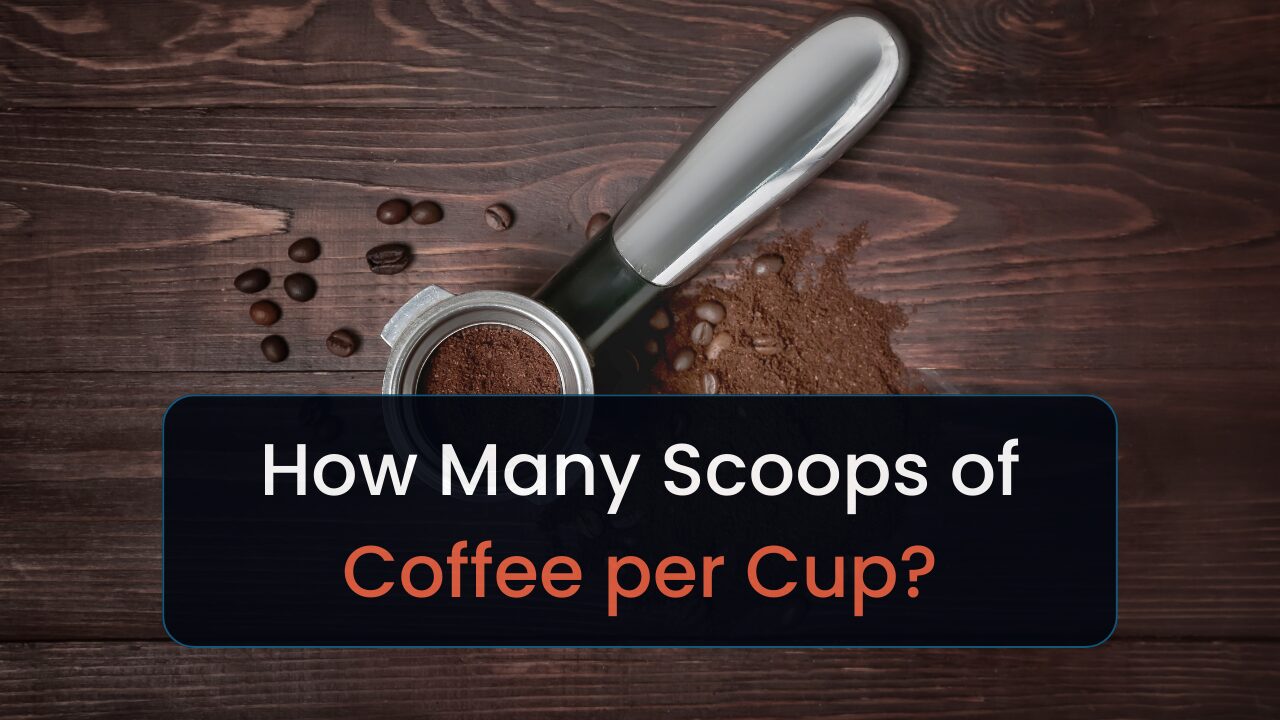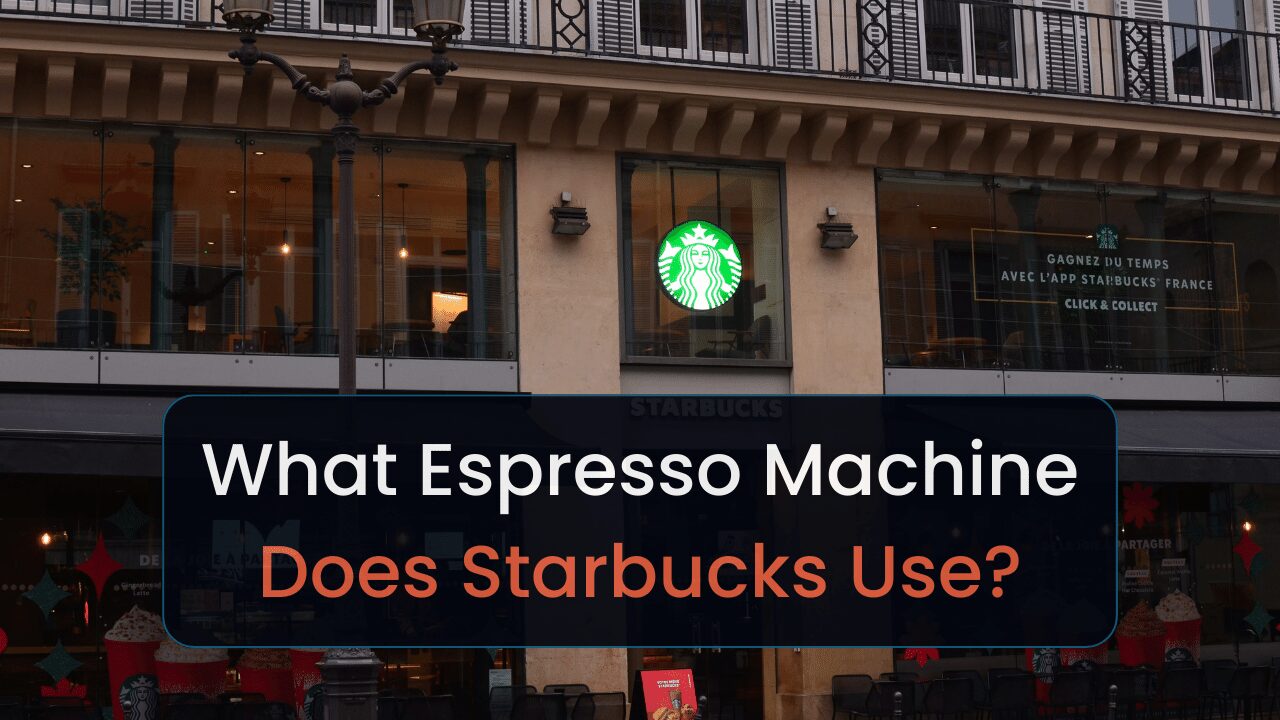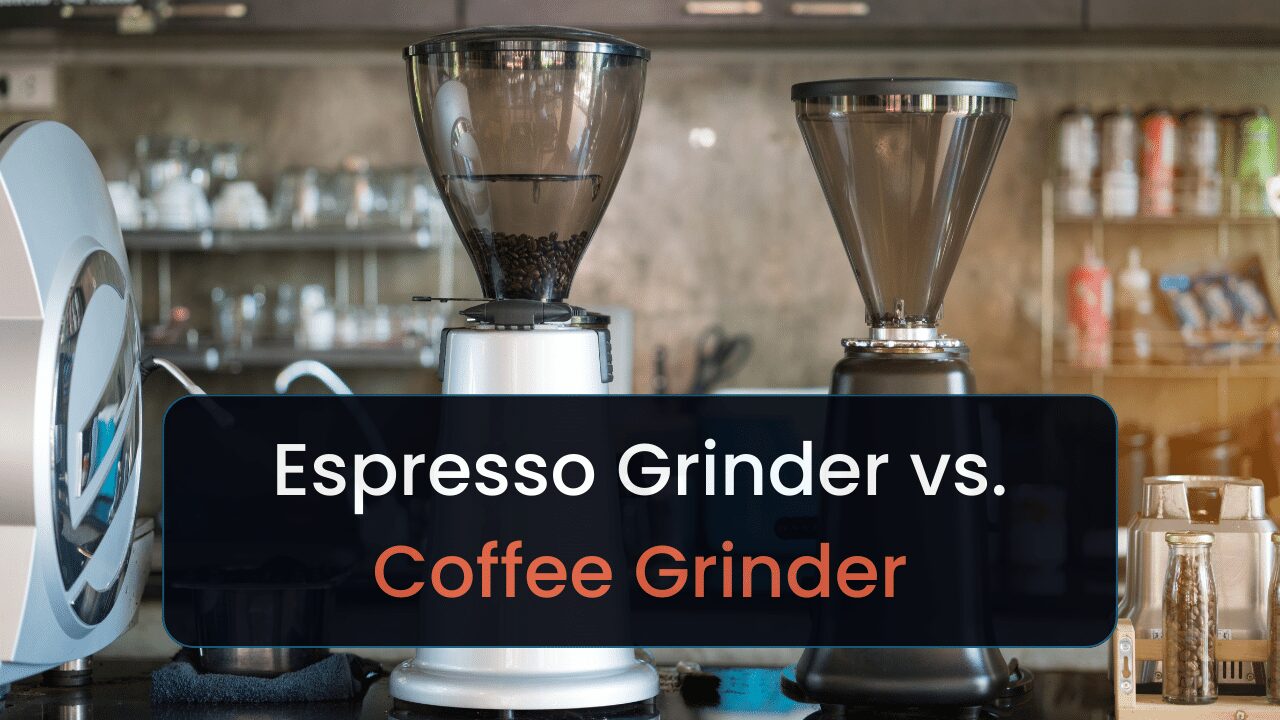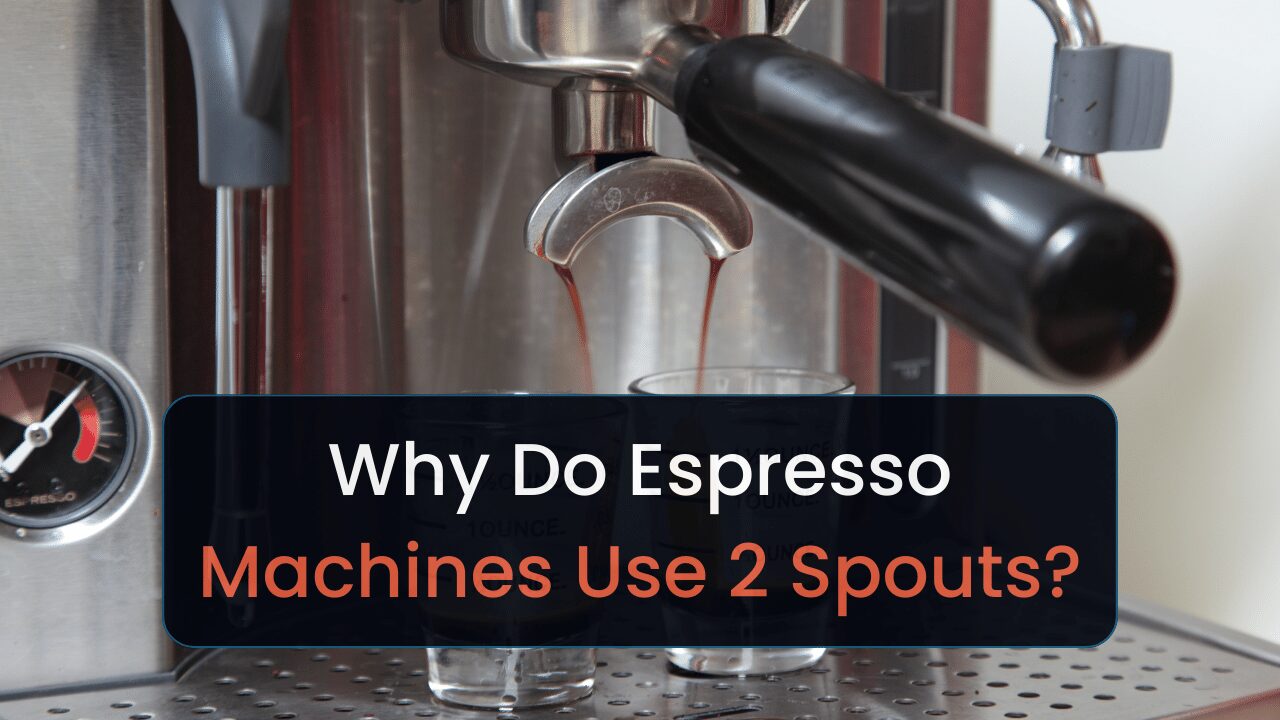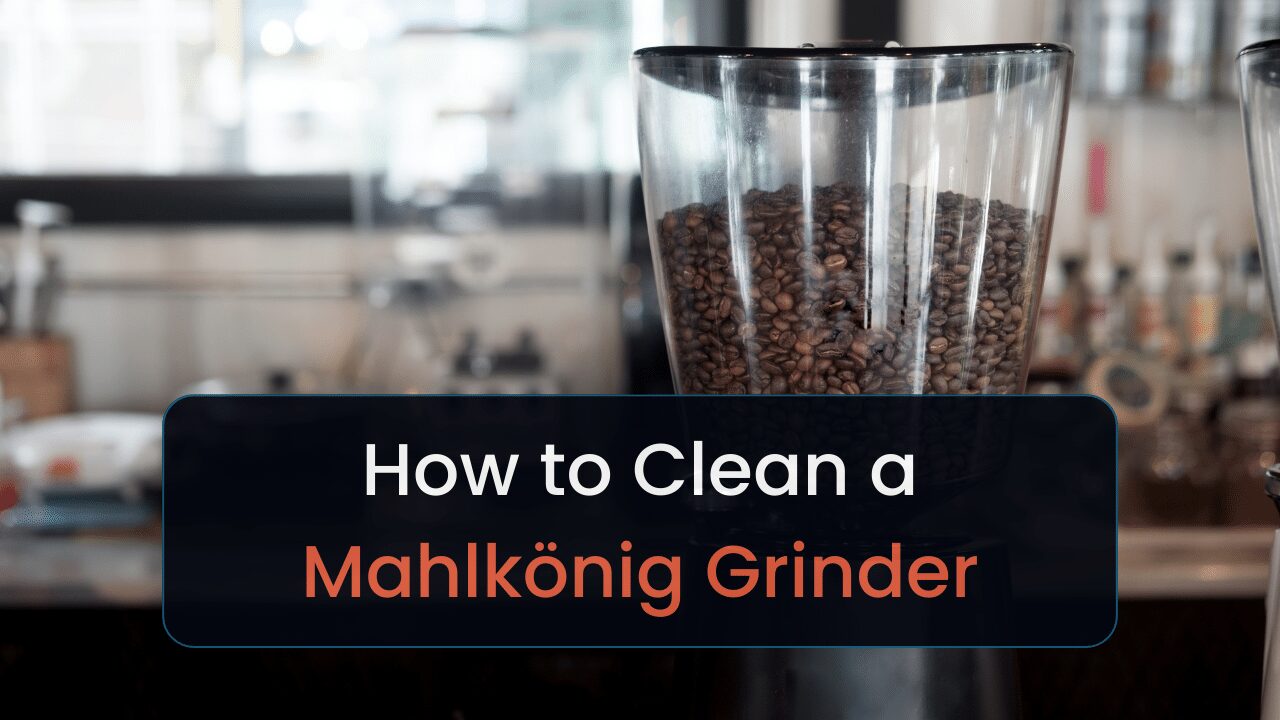Hi, I’m Jon, a coffee enthusiast. I drink coffee daily and eat roasted and chocolate-covered coffee beans from time to time.
And I put together this guide to help you understand the benefits and risks of eating coffee beans.
Here is what you will learn today:
So continue reading before you eat a whole bowl of roasted coffee beans.
Key Takeaways
- You can eat roasted coffee beans safely, just don’t do so in excess (7-10 beans at a time or 20-30 a day).
- If you eat too many coffee beans at once, you might get jittery from too much caffeine or have additional side effects like upset stomach, heartburn, indigestion, diarrhea, and bloating.
- Eating coffee beans has the same potential health benefits as drinking coffee.
Is It Safe to Eat Coffee Beans?
Yes, it is safe to eat roasted coffee beans, and doing so gives you the same benefits as drinking a cup of coffee.
But there are risks if you eat too many in one sitting. As most people know, roasted coffee beans contain caffeine. But you might not realize that the bean’s caffeine is much more concentrated than in a cup of coffee.
This makes sense because you have the grounds left over with brewed coffee. But when you eat a coffee bean, you consume the whole thing (and thus more caffeine).
Besides potentially consuming too much caffeine by eating whole beans, there are other potential risks from eating too many (which we’ll get to soon).
You probably want to know how many you can eat safely to avoid the bad side effects.
How Many Coffee Beans is Too Much to Eat?
Regarding caffeine intake, you shouldn’t eat more than 20 to 30 whole coffee beans in one day. But that’s assuming you’re not getting caffeine by drinking coffee, soda, tea, etc.
However, this also depends on the size of the coffee beans too. For example, Geisha Panama coffee beans are much larger than Brasil Catuai beans. So, if you have larger beans, err on the safe side and eat less of them.
In general, 7-10 whole coffee beans have the same amount of caffeine as one 8-oz cup of coffee. So, if you want the same energizing effect as your morning joe, eat 7-10 beans.
That said, if you’ve never eaten whole coffee beans before, I recommend eating fewer coffee beans as a trial run.
Whole beans are rich in fiber. And eating whole beans can cause some digestive discomfort if you’re not used to eating them.
So, to play it safe, eat just 3-5 coffee beans if it is your first time instead of jumping right into eating 20-30 beans in one day.
Coffee Bean Eating Benefits
Coffee beans offer a range of health benefits if you eat them in moderation.
They have lots of antioxidants, which help protect the body from disease and reduce inflammation. Additionally, coffee beans can provide an energy boost and improve mental focus due to their caffeine content.
Furthermore, coffee beans may help reduce hunger cravings and prevent overeating. Coffee beans are also rich in magnesium, which can help to regulate blood sugar levels and boost heart health. [1]
Roasted coffee beans are low in calories and contain no fat or cholesterol, making them a great snack for those watching their weight.
Just like brewed coffee, several observational health studies linked consuming coffee to reduced risk with the following conditions:
- Depression
- Alzheimer’s disease
- Parkinson’s disease
- Type 2 diabetes
- Stroke
- Heart disease
- Various cancers
- Liver cirrhosis, fibrosis, and fatty liver disease
Risks of Eating Coffee Beans
As you might know from first-hand experience, drinking too much coffee can lead to some unpleasant side effects. Of course, the same goes for eating too many coffee beans.
Eating too many beans in one sitting (more than 7-10) or too many throughout the day (more than 20-30) can cause the following:
- Heartburn – coffee has catechol compounds, which increase stomach acid and can lead to heartburn. [2]
- Upset stomach – the fiber in coffee beans can cause bloating, nausea, etc., in some people.
- Laxative effect – eating too many beans can lead to an increase in bowel movements and diarrhea. [3]
- Anxiety – excess caffeine intake can increase anxiety and stress levels.
- Sleep issues – caffeine can last up to 9.5 hours, and eating too many beans close to bedtime and impact your sleep quality.
- Pregnancy-related issues– caffeine in excess can lead to several problems for pregnant women. It is best to avoid eating coffee beans if you are pregnant. [4]
Tips for Eating Coffee Beans Safely
If you decide to eat coffee beans, doing so safely and mindfully is important. Here are some tips to help you get the most out of your coffee bean-snacking experience:
- Start small – Begin by eating one or two coffee beans per day and increase your intake gradually if needed.
- Chew slowly – Chew each bean thoroughly to help break down the hard texture and ensure you don’t strain your digestive system.
- Drink plenty of water – This will help to flush out any excess caffeine from your body.
- Choose organic – Opt for organic and fair trade coffee beans whenever possible, as they have fewer pesticides.
- Avoid if pregnant – If you are pregnant, do not eat coffee beans as it is easier to consume too much caffeine, which can harm the fetus.
- Diverticulitis – if you suffer from diverticulitis, it is best to avoid eating coffee beans as it could cause a flare-up.
FAQs
Here are some common questions about eating coffee beans.
Can You Eat Espresso Beans?
Yes, you can safely eat espresso beans. Eating roasted espresso beans has all the same potential benefits and risks (if you eat too many).
Can you eat raw coffee beans? What about green coffee beans?
Yes, it is safe to eat raw coffee beans (i.e., unroasted). Raw and green coffee beans are one and the same (they are green because they aren’t roasted yet).
If you do eat them, they are very acidic, hard to chew, and taste like grass.
Can you eat coffee bean straws?
Yes, you can eat coffee bean straws. They are designed to be biodegradable and completely edible.
Does chewing coffee beans give you caffeine?
Yes, chewing coffee beans can give you caffeine without swallowing them. However, you will get much more caffeine if you ingest the bean.
Is chewing coffee beans bad for your teeth?
Chewing coffee beans are not any worse for your teeth than drinking coffee, which can weaken and stain your enamel.
Can you swallow coffee beans whole?
Yes, you can swallow coffee beans whole. However, it is best to chew them.
Consuming whole coffee beans can lead to indigestion, stomach pain, and bloating. Plus, you won’t get the full effect of its caffeine.
Which coffee beans are best to eat?
I prefer organic coffee beans since they are grown without synthetic fertilizers or pesticides, which can help to reduce your exposure to potentially harmful chemicals.
Additionally, buying fair-trade coffee beans helps to ensure that farmers in developing countries are treated fairly and paid a living wage for their work.
Also, you can’t go wrong with chocolate-covered espresso beans.
Final Thoughts
You can safely eat coffee beans. Start small and consume only 3-5 beans in one sitting to avoid potential side effects. If your body reacts fine, you can work your way up to 7-10 beans at a time and 20-30 total per day (based on safe caffeine intake).
Eating coffee beans is not only safe, but it also provides the same potential health benefits as drinking coffee.

